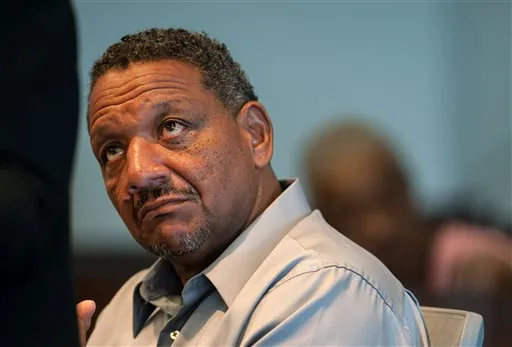Darryl Anthony Howard is a North Carolina man who was wrongfully convicted in 1995 for the 1991 murders of Doris Washington and her 13-year-old daughter, Nishonda. He spent nearly 24 years in prison before his convictions were vacated in 2016, following the emergence of DNA evidence that excluded him and implicated other individuals.
Wrongful Conviction and Legal Proceedings
In 1995, Howard was convicted of two counts of second-degree murder and one count of first-degree arson, receiving an 80-year sentence. The prosecution, led by then-Durham County District Attorney Mike Nifong, argued that the murders did not involve sexual assault. However, DNA evidence obtained post-conviction revealed semen from another man at the crime scene, contradicting the prosecution’s claims and pointing to other perpetrators.
In 2016, North Carolina Superior Court Judge Orlando Hudson vacated Howard’s convictions based on this new DNA evidence. The Durham District Attorney’s Office subsequently dismissed all charges against him, officially exonerating Howard.
Pardon of Innocence and Compensation Efforts
In April 2021, Governor Roy Cooper granted Howard a Pardon of Innocence, acknowledging his wrongful conviction and making him eligible for state compensation. Under North Carolina law, wrongfully convicted individuals can receive up to $50,000 per year of incarceration, with a cap of $750,000.
Howard also filed a civil lawsuit against the City of Durham and several individuals involved in his prosecution. In 2021, a jury awarded him $6 million in damages. However, as of April 2022, Howard had not received the awarded funds due to legal disputes over payment responsibilities.
Personal Life and Advocacy
Howard married his longtime partner, Nannie, in 1998 while still incarcerated. Following his release, the couple began rebuilding their lives together, with Howard adjusting to technological advancements and societal changes after decades in prison.
Howard’s case has highlighted issues of prosecutorial misconduct and the importance of DNA evidence in overturning wrongful convictions. His story underscores the need for ongoing reforms in the criminal justice system to prevent similar injustices.



